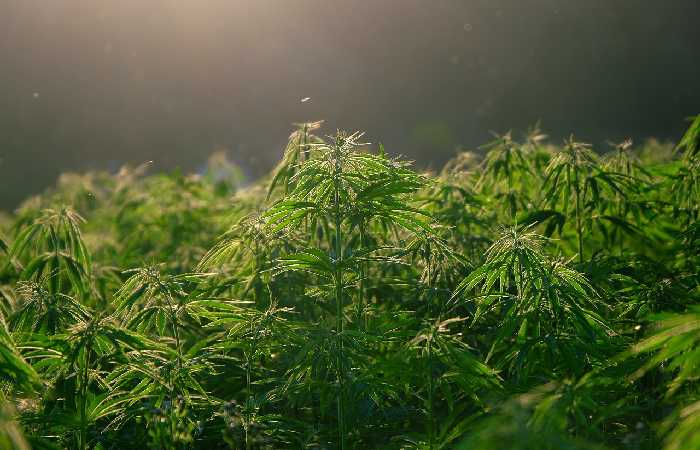Table of Contents
Introduction
Hemp for Industry is a plant of the Cannabaceae family. The Cannabaceae, also called the Cannaceae, are of the family of dicotyledonous plants. It is a group of flowering plants. They are present in most terrestrial ecosystems.
It is, therefore, a flowering plant and this culture renew annually. It provides stems – called chènevotte – used in many manufacturers and in the building and seeds – called chènevis. From which oil is extracted and has many applications.
Industrial Hemp Plant
Humans have used hemp since the Neolithic, a prehistoric period beginning around 9000 BCE.
However, since the beginning of the 20th century. Its cultivation has become highly regulating because of a plant derivative with psychotropic properties that you can use for recreational purposes.
The word hemp refers to the variety of plants used for industry and construction. Growing hemp in France must have a THC content – Tetrahydrocannabinol. The primary cannabinoid – of less than 0.2%. It is on this condition that it can have the designation ‘industrial hemp’ and that it can thus be legally cultivated.
Hemp is a multi-purpose plant: is uses for textiles. Construction, insulation, stationery, and cosmetics. it has also developing as biofuel. It is fuel-producing from organic materials to supplement or replace fossil fuels.
It has been experiencing a resurgence of interest lately. The increase in the price of oil and the world’s environment. Ecological and organic concerns have contributing to the recent development of hemp.
Industrial Hemp Block
Hemp requires much less work, unlike other crops. It is, therefore, more economical. It can be grown after any other crop.
Industrial hemp, or simply hemp. It is most often given to fibre-producing cannabis strains containing less than 0.2% THC. Which do not have a psychotropic effect when smoked or ingested – unless you plan to swallow tons of flowers at once. Despite being the same plant: Cannabis Sativa L.
They grow hemp intensively for its fibre and seeds in over thirty countries such as the Netherlands, France, Germany, Russia, Chile, China, and North Korea. These seeds and fibres have many practical applications, and hemp seeds (or hemp) also have great nutritional value.
Hempflax
Industrial hemp occupies a special place at the Hash Marihuana & Hemp Museum. Our subsidiary hemp Company HempFlax grows industrial hemp in the northern part of the Netherlands and produces affordable. Modern and natural hemp-based objects for a sustainable future.
Some of these products, such as hemp oil. Animal litter and yoga mats are on display at the museum. Industrial hemp is one of the oldest crops. Our museums show how the plant is transforming and how valuable it has been to the paper, shipping, and textile industry.
Multi-faceted
The multiple possibilities of using industrial hemp are probably what makes it interesting, especially when compared to trees and other fibre-producing crops. It can provide hemp oil that serves as fuel or using in makeup, paints, lubricants and varnishes.
Clothing made from hemp fibre lasts incredibly long and is exceptionally durable – arguably the only natural textile strong enough to use for the mainsails of traditional ships.

